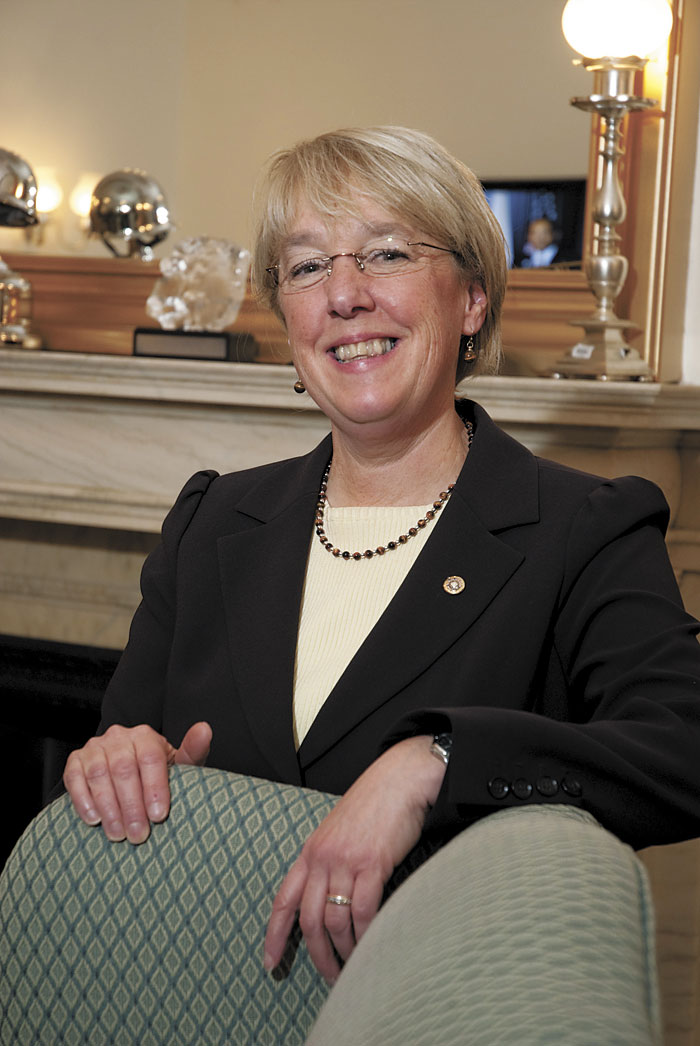In a place where the City Council encourages the recycling of food scraps, you’d think a so-called green investment strategy for municipal employees would be a no-brainer. But as it turns out, the Seattle City Employees’ Retirement System—which maintains an investment portfolio of about $2 billion on behalf of current and former employees—has no criteria for how socially responsible a company must be to receive its financial backing.
This struck Assistant City Auditor Claudia Gross Shader as odd, so she decided to run for the pension board. “I want to be reassured that the city will make investment decisions that are both financially strong and socially responsible,” says Shader, whose board bid this past June proved unsuccessful. (The seven-member board includes two city employees, one retired city employee, one representative from the community, the city’s finance and personnel directors, and the chairman of the City Council’s finance committee.)
The city’s current policy is to make investments that yield the highest returns with a reasonable amount of risk. However, City Council and pension board member Richard McIver says, “There are ongoing discussions. Several of us are concerned about the socially conscious issue, and we fight for it.” But the decision to pump green into green is not that simple, McIver’s careful to note. “On the one hand, you’re looking for a return,” he says. “On the other hand, socially, I want to say I think it’s good that we should divest [in certain companies]. But how would that affect our fiduciary responsibility?”
Shader says other locales have already figured that out. The California state retirement system, for example, has a framework for investing that includes asking questions about how companies deal with emissions and regulatory risks. And according to the nonprofit Social Investment Forum, Baltimore, Md., Berkeley, Calif., Boulder, Colo., Milwaukee, Wis., and San Francisco also apply similar standards. McIver says he’s aware of the efforts of other cities, but that not enough analysis has been done to determine whether they’ve lost money.
What’s more, so-called green investing isn’t the only concern. Former City Council member Tim Hill says he recently asked the pension board to re-evaluate its holdings in Caterpillar. “The Rachel Corrie incident brought home one of our problems of American manufacturers that sell goods to support occupation in Israel,” says Hill, referring to the peace activist who was killed in the Gaza Strip while trying to obstruct a Caterpillar bulldozer from demolishing a home. “Our purpose is not to say, ‘Divest Caterpillar,’ but to voice shareholder opinion at annual meetings.” However, notes Hill, if shareholders’ concerns are not heard, then the board must consider divesting.
The city hopes to announce a new executive director of the pension board this week. City Finance Director Dwight Dively says after that individual is hired, he plans to ask the investment committee to take a close look at the various types of socially responsible investing. “We would certainly be open to making these types of investments if the risk-return evidence is consistent with our fiduciary responsibility,” says Dively.





